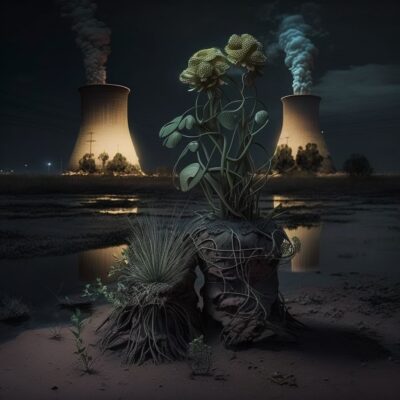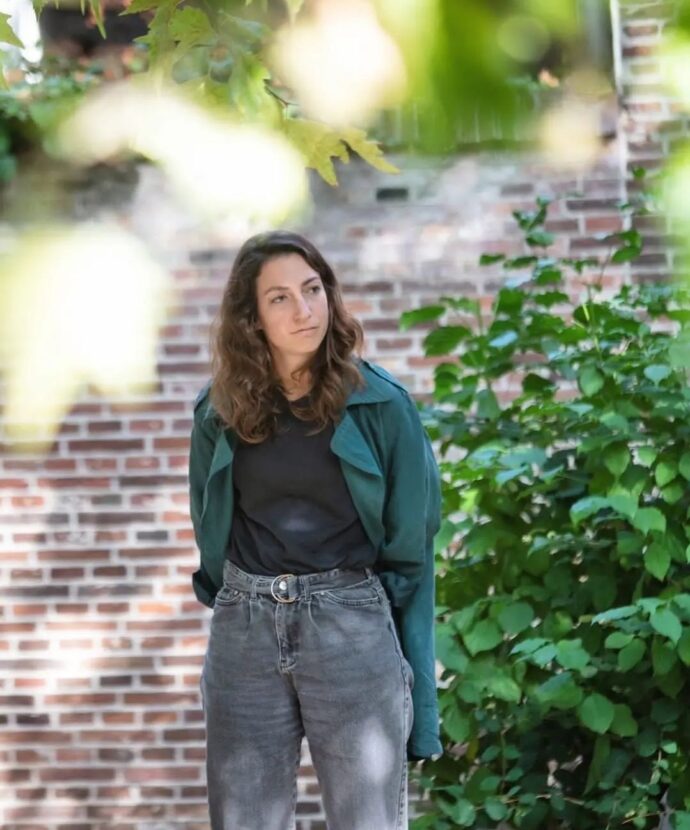Search
To search for an exact match, type the word or phrase you want in quotation marks.
A*DESK has been offering since 2002 contents about criticism and contemporary art. A*DESK has become consolidated thanks to all those who have believed in the project, all those who have followed us, debating, participating and collaborating. Many people have collaborated with A*DESK, and continue to do so. Their efforts, knowledge and belief in the project are what make it grow internationally. At A*DESK we have also generated work for over one hundred professionals in culture, from small collaborations with reviews and classes, to more prolonged and intense collaborations.
At A*DESK we believe in the need for free and universal access to culture and knowledge. We want to carry on being independent, remaining open to more ideas and opinions. If you believe in A*DESK, we need your backing to be able to continue. You can now participate in the project by supporting it. You can choose how much you want to contribute to the project.
You can decide how much you want to bring to the project.

The physical definition of energy is the ability to do work, which is the ability to exert a force causing displacement of an object. While the definition of work is the energy transferred to or from an object via the application of force along a displacement.
In the context of an ongoing European energy crisis, we are used to hearing the word on the news and on our bills – but energy is necessarily tied to concepts of labour, production, and the economy – including art labour. In the autumn of 2022, Yannis Varoufakis exposed the European energy market as a scam built on a simulation and controlled by energy oligarchs who compete against each other to raise prices that create unprecedented rates of energetic poverty. In Spain, 11% of households suffer from energetic poverty – meaning they spend disproportionate amounts of their total income on energy. On our warming planet this means not only that homes cannot be heated in winter, but that fans cannot be run in the warming summers. This has led energy activists such as Monica Guiteras Blaya to say that “energy is a human right.”
From historical rises in energy prices, lack of natural gas in Germany, to Russian sabotage of Ukrainian energy infrastructure, the energy security felt in the West has been destroyed. In Spain hydroelectric dams continue to face the threat of drought and green energy implementation lags behind due to late and insufficient investment. In this edition, artists and curators are invited to comment on different forms of energy that traverse our human experience on small and large scales, the first contribution is an interview with Alma Saladin and Marco Rountree Cruz about the artistic space guadalajara90210 in which energy in various forms is related to the production of contemporary culture. From there, contributions continue to span a diversity of ways that we interact with energy production. Daniela Medina Poch recently produced a soundpiece with the inhabitants of villages near Catalonia’s nuclear power plant Ascó. Dharmendra Prasad is an artist and farmer from Assam in North-East India whose poetry about harvest shows the most noble forms of energy capture via human symbiosis with photosynthetic grasses. Inga Lace’s ongoing research in the intersection between climate protests and art in Central and Eastern Europe traces a history of climate protests to geopolitical reconfigurations and the current situation of blackouts in Kiev due to Russia’s war on Ukraine. Energy is all around us – it mixes and flows and produces and grows, it creates possibilities and limits, and it defines our geopolitical reality. In order to think of energy-rich non-extractive futures these interviews and projects complexify and analyse the word in various of its possible forms.
[Featured image created by Midjourney by Collecteurs. Claves: “sculptures of plants and snails inside of a dried-out river with a nuclear power plant in the background and lightning in the night sky”, 24 April 2023.]

Àngels Miralda is a writer and curator based in Amsterdam and Barcelona. Her independent work focuses on the materiality of art production as a working metaphor for contemporary industrial scale production, historical folkloric crafts, climate change, landscape, and natural mythologies. She has organized exhibitions at the Institut d’Estudis Baleàrics (Palma de Mallorca), Tallinn Art Hall (Estonia), Galerija Miroslav Kraljevic (Zagreb), De Appel (Amsterdam), and the Museo de Arte Contemporáneo (Santiago de Chile) among others. She is editor at Collecteurs, and a contributing writer for Artforum.
Photograph by Lin Chun Yao, 2022.
"A desk is a dangerous place from which to watch the world" (John Le Carré)